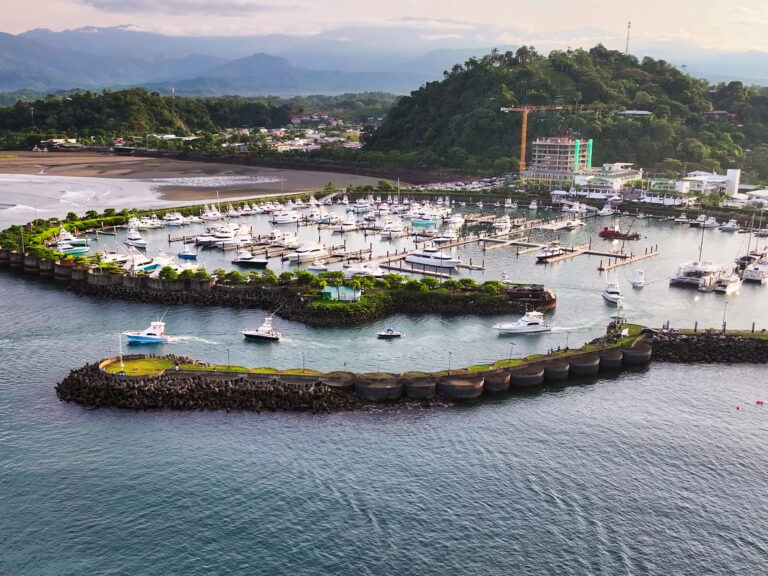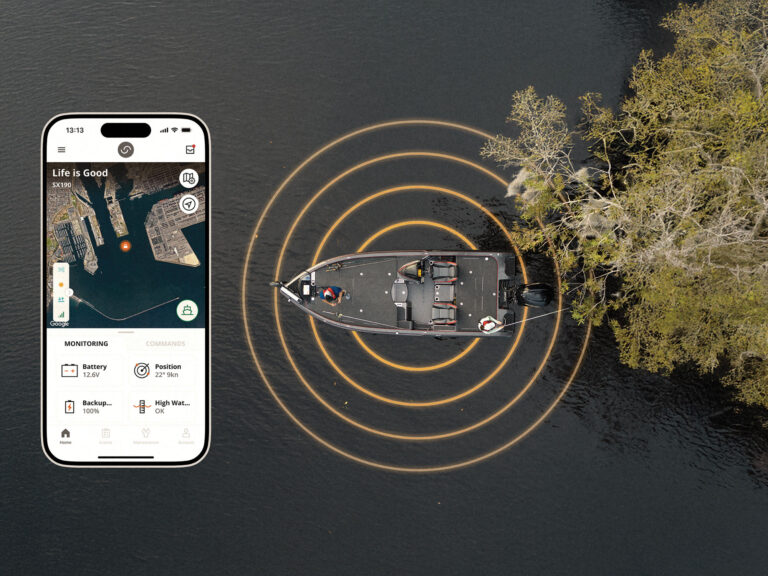
OK, OK, I get it. There has to be a subject other than fisheries management.
It is likely that other subjects exist, but as I sit here suffering from a case of cabin fever, fisheries management issues keep rising up like the mythical Phoenix. Since I spend a lot of time on fisheries management, I have been asked several times what I think might be a reasonable solution to the red snapper issue in the Gulf of Mexico (GOM). My answer is pretty much the same every time: I honestly do not know.
What I do know is that the more decisions are made on political grounds rather than science, the more complicated the issue gets. I don’t believe that red snapper in the GOM is the only species being turned into a political football. So, if past results are an indicator for the future, we should all be concerned. I have lost track of the number of years this resource fight has been going on, but it has been a while, and we don’t seem to be much closer to a resolution. In fact, new dynamics seem to get added all the time, with federal versus states rights, states versus states, and user groups defending territory left and right. Let me make this as clear as I can because in the past I have been accused of being a flaming liberal and a radical-right proponent. I happen to think that managing resources is simply a commonsense and science-based effort that has no political affiliation. If I suggest that someone is making stupid decisions, then I don’t care whose side they are on. It is simply a stupid decision, at least in my opinion.
I have written about the Secretary of Commerce’s (SOC) decision on summer flounder and the State of New Jersey, where the secretary reversed the decision of the Atlantic States Marine Fisheries Commission. This was within the secretary’s authority, but it was a bad decision and precedent because it put the SOC in a position of making fishery management decisions rather than policy decisions for fishery managers to carry out. What’s worse, there was strong indication that this decision was made for political reasons.
About a year ago, the red snapper issue was at a rolling boil, as usual. The recreational fishing industry in the GOM had made a concerted effort with its state and federal representatives to get more than a three-day fishing season in federal waters. Who could blame them? That is a stunningly short season. They were successful in convincing a group of Congressmen to go to bat for them with the SOC to see if he would extend the season. Back to making management decisions, not policy.
In several memos from a commerce staffer in charge of policy and strategic planning for the SOC, the idea of extending the season was laid out. While the basic logic for making a decision seemed straightforward, one important piece of the puzzle was skipped. There was also an effort to coordinate the length of the recreational red snapper season for both federal and Gulf state waters. It was and is a great idea, but it is not legally doable under the Magnuson Stevens Act. In the memo to the SOC, this fact was pointed out. It read: “An action to extend the summer season to 46 days would be very well received and would reset the relationship with the states. It would result in overfishing the stock by 6 million pounds (40 percent), which will draw criticism from environmental and commercial fishermen.”
Read Next: War Wages Over Red Snapper Fishing Grounds
The memo continued on to say: “Under the Magnuson Stevens Act, a court can’t issue a temporary restraining order, so your action would remain in effect for at least 45 days before a court could act. This action would demonstrate that the administration is serious about addressing this long-standing problem.”
I say bravo in the effort to try to resolve this problem, but I do wonder about the idea of knowingly contravening fishery management law to get to a resolution. This can go in the cubbyhole labeled “good idea, poorly executed.”
Just prior to Congress’ Christmas break, the House Committee on Natural Resources acted favorably on the Red Snapper Act H.R. 3588, which would give the Gulf states more autonomy in managing this fish. Can that work? I think that it is possible, but since this is being incorporated into the overhaul of the Magnuson Stevens Act, where the mantra is flexibility in rebuilding timelines and where the chair of the House Committee on Natural Resources has said that fishery management decisions in the U.S. have become “notably worse” over the last 10 years, resulting in too many restrictions on fishermen (Greenwire, December 2013), I have my concerns that the outcome will benefit the resource.
Whatever the outcome, I maintain that resource management and politics make strange bedfellows, and the resource is the likely loser.









